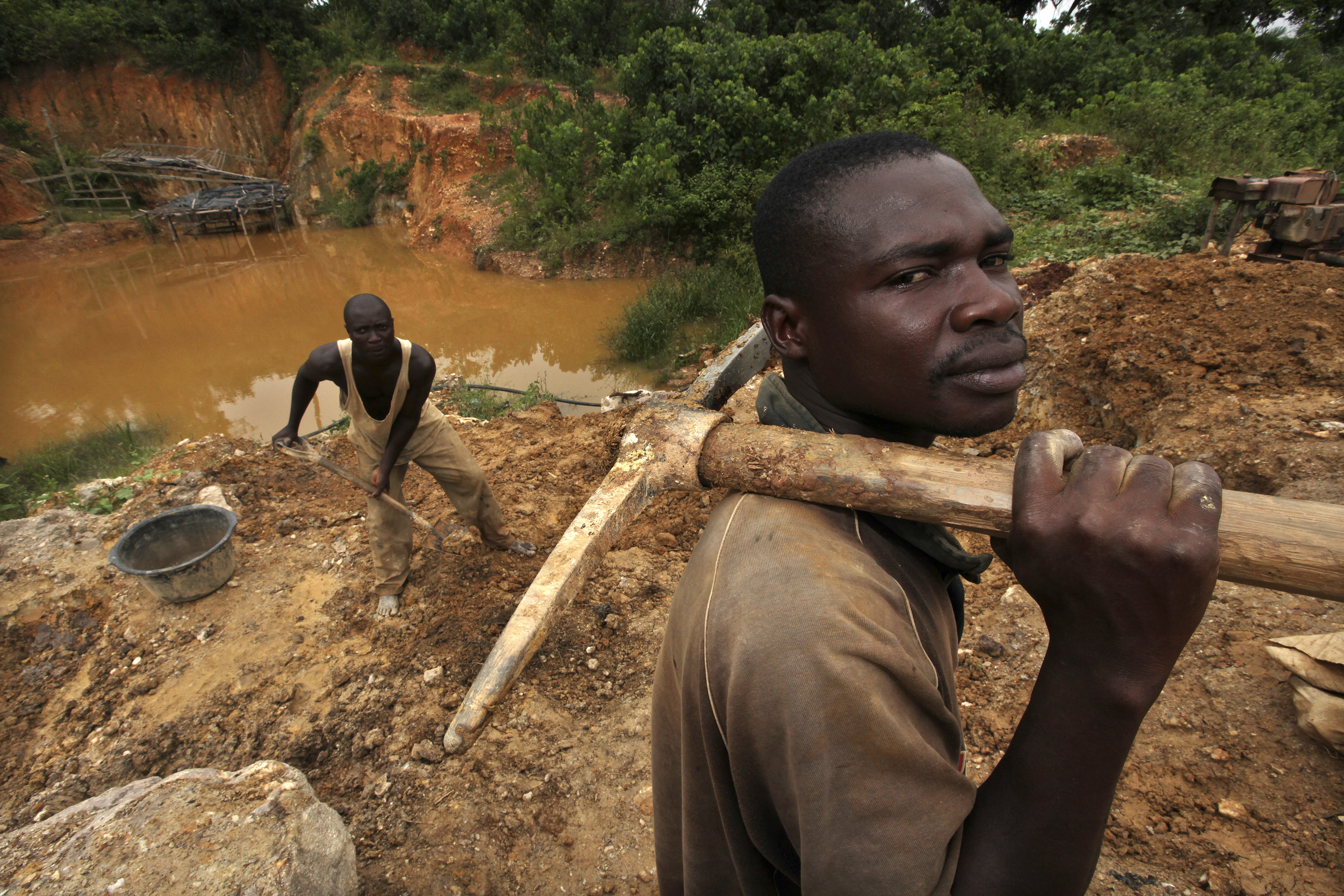Researching the politics of development
Blog

The politics of mining and the resource curse in Ghana

Abdul Gafaru Abdulai
12 June 2017
Why are some mineral-dependent countries able to translate natural resource wealth into sustainable and inclusive development outcomes, while others often succumb to the resource curse or Dutch Disease?
Most analysts argue that the most crucial distinguishing factor for whether and where natural resources are governed in the national interest depends on the institutional and policy choices of governments. Inspired mainly by the new institutionalist thinking that underpinned the ‘good governance’ agenda within international development, these approaches suggest that Africa’s mineral-rich countries can avoid the resource curse by adopting ‘best-practice’ type institutions that have proven to have worked well in more democratic countries. This relates in particular to the adoption of regulatory institutions that facilitate the management of mineral rents in more transparent and accountable ways.
Our research, which was part of a broader comparative project, draws attention to the limitations of this new institutionalist thinking when seeking to understand the disappointing impact of natural resource governance in one of Africa’s best governed countries, namely Ghana. In 2013, Ghana was the highest ranked African country (and 15th out of 58 countries globally) in the Resource Governance Index, which measures the quality of countries’ natural resource governance performance in terms of transparency and accountability, among others. Therefore, and judged from the perspective of the resource curse literature, which emphasises the quality of governance as the best route to translating natural resource wealth into broad-based development, Ghana’s experience with natural resource governance is puzzling.
All post-independence political elites have allocated a share of mineral royalties to chiefs, partly in exchange for political support, or non-opposition to their rule.
In the context of the high degree of vulnerability that has characterised all ruling political elites, political accommodation with traditional authorities has been important in ensuring that chiefs, who continue to wield substantial control over rural populations, do not support excluded political factions against those in power. Thus, all post-independence political elites have allocated a share of mineral royalties to chiefs, partly in exchange for political support, or non-opposition to their rule, enabling them to maintain social and political order. In this context, policy fixes such as those advocated under the Extractive Industries Transparency Initiative (EITI) are unlikely to be effective in preventing the misuse of natural resource rents by national and local elites, not least as such rents tend to ‘serve an important function in securing political contracts, where revenues are used to strengthen relations with clients under systems of patronage’.
Our findings also challenge recent suggestions concerning the centrality of inclusive political settlements for the effective management of mineral rents. As our analyses reveal, broad-based elite inclusion can also carry the danger of undermining the effective management of rents for long-term development if mineral rents are deployed with the aim of ‘buying off’ elites, who can potentially undermine the stability of ruling coalitions. Under such circumstances, inclusive political settlements may at best result in unproductive peace, as substantial mineral resources are shared for consumption rather than development.
Read more from Abdul Gafaru on galamsey – illegal mining – in Ghana
Read Abdul Gafaru’s working paper on the politics of mining in Ghana

